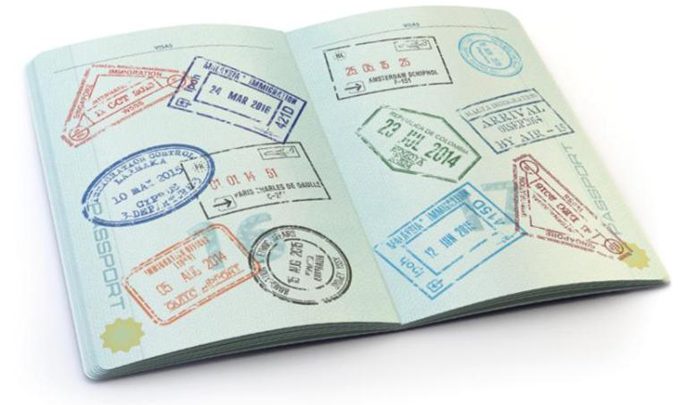Primary Schools Need To Introduce Pupil Passports – Here’s Why

Ensuring that parents and school staff are on the same page regarding a child’s needs would be much easier with Pupil Passports, says Victoria Hill…

During that brief period when our children are babies and toddlers, it’s our job to act as their voice. No one else can make out their babble, and since you’re the one communicating with them for most of the day, every day, it’s inevitable that the person best placed to interpret their verbal and visual signals will be you.
For some parents, however, this phase can last much longer. And even when a child is able to communicate with others, it can still be difficult for them to explain something important about themselves that they might not be fully aware of.
Less obvious’ needs
I was blessed with three children, all of whom attend a mainstream primary school. One has a Statement of SEN, and is attended to by a fabulous team of dedicated learning support assistants who write daily updates in our communication book and do lots to encourage his self-help skills. He and I attend bi-termly ‘One Page Profile’ meetings, in which we come up with an individual education plan in consultation with the adults who work with him.
I have a second son who is also on the spectrum, as well as being dyslexic and affected by obsessive-compulsive disorder, but is not statemented. His needs may be ‘less obvious’, but in many ways I find him to be more affected by his autism than his brother, since he is more aware of feeling different compared with his peers.
It is because of his needs, and those of other children like him, that I would like to see a Pupil Passport scheme put into place by all schools.
Small adjustments, big differences
A Pupil Passport is a short document that summarises for educators any additional needs or particular behaviours a child may have, ideally on one page.
The most effective Pupil Passports will be those completed by parents and carers with input from the child, and revised at least yearly to ensure everything’s up to date. The Passport is then given to the teacher, who can discuss its contents with parents and carers to ensure that everything’s clear and understood. From there, the Pupil Passport can be shared with supply teachers, teaching assistants, dinner ladies, subject teachers and any other members of staff the child might encounter throughout their day.
Often the smallest adjustments that can make the biggest difference. For example, one of the children was recently taught by a different teacher, who was great, but unaware that my son has an eating phobia. If it’s raining at lunch, his usual teacher will allow him to sit in the classroom away from everyone else; on this particular day, he came home very hungry having not eaten anything at all, because it was wet and he was expected to eat in the main hall. If he’d had a Pupil Passport, that detail would have been passed on.
Passing on the message
Pupil Passports can also travel with children to their next school. My eldest is soon moving up to secondary, and I’m currently trying to find out how to pass on messages that staff at his new school likely won’t hear from his primary teachers – ‘Don’t sit him under fluorescent lights or near windows, as he has light filtration issues,’ for example. I can explain these things in an email, which I’m sure will reach who it’s supposed to – but wouldn’t it be great if there was a format for reporting additional needs that was instantly recognised across all school settings?
Every child feels apprehensive ahead of a new school year. Some might have a new set of classmates they don’t know, others a different teacher – but some children will also be conscious of a different chair, the background ticking of a different clock, differently coloured walls, even the way sunlight illuminates different areas of the classroom.
Every parent wants to feel that they’re doing the best for their child, rather than sitting by feeling helpless. With some parents and carers wary of approaching teachers too often about the concerns they have for their child, a Pupil Passport would give them a sense of control and a starting point for structured conversations between them and the school.
About the author
Victoria Hill is a parent and school governor











